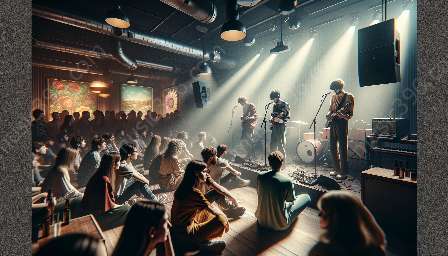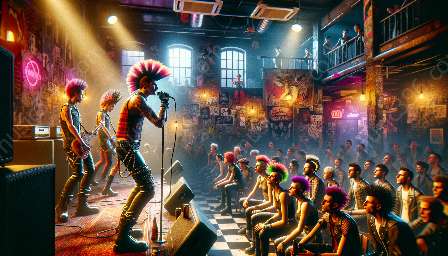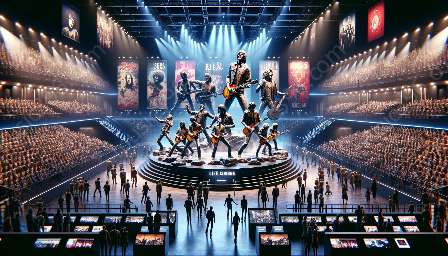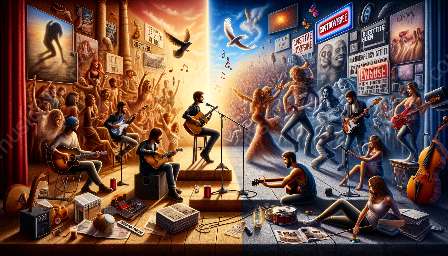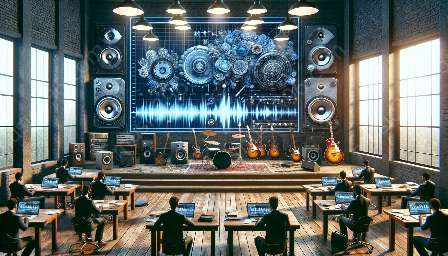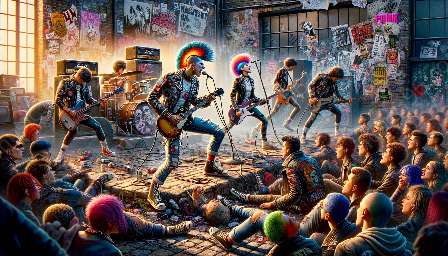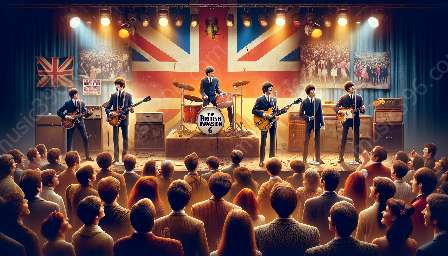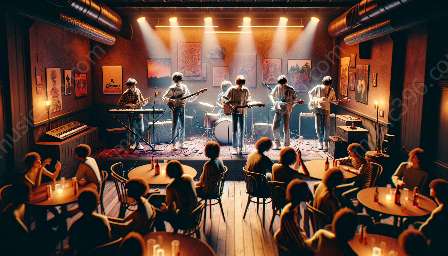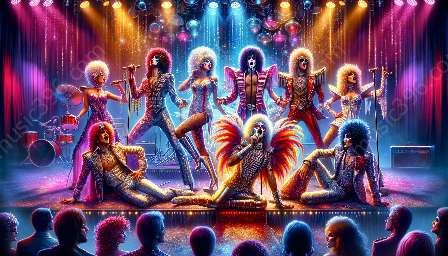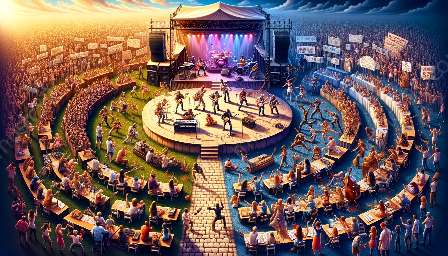Stereotypes and bias are prevalent in many aspects of society, and rock music is no exception. It's important to understand how these influence the genre, leading to various controversies and impacting the industry as a whole.
Understanding Stereotypes and Bias
Stereotypes are oversimplified, often distorted, images or ideas held by individuals about certain groups or types of people. Bias, on the other hand, refers to the favoring or disfavoring of something, someone, or a group compared to another. When these concepts are applied to rock music, they can lead to widespread misconceptions and discriminatory practices.
Impact on the Rock Music Genre
Rock music, as a diverse and influential genre, has been the subject of numerous stereotypes and biases. For example, there is a pervasive stereotype that rock music is exclusively for rebellious and non-conformist individuals, leading to the neglect of its other, more nuanced aspects. Additionally, biases related to race, gender, and sexual orientation have influenced how certain artists and sub-genres are perceived within the rock music industry.
Controversies in Rock Music
These stereotypes and biases have contributed to controversies within the rock music scene. One notable controversy is the marginalization of female artists and the perpetuation of gender-based stereotypes. Another key issue is the underrepresentation of minority groups in rock music, which has led to debates about cultural appropriation and inclusivity.
Challenging Stereotypes and Bias
Efforts to challenge stereotypes and biases in rock music are essential for promoting inclusivity and diversity within the genre. This includes highlighting the contributions of underrepresented groups, debunking misconceptions surrounding rock music, and creating spaces that welcome artists from all backgrounds.
Conclusion
Stereotypes and bias continue to shape the discourse around rock music, leading to controversies and challenges within the industry. By recognizing the impact of these dynamics, we can work towards creating a more equitable and inclusive environment for all artists and fans of rock music.




